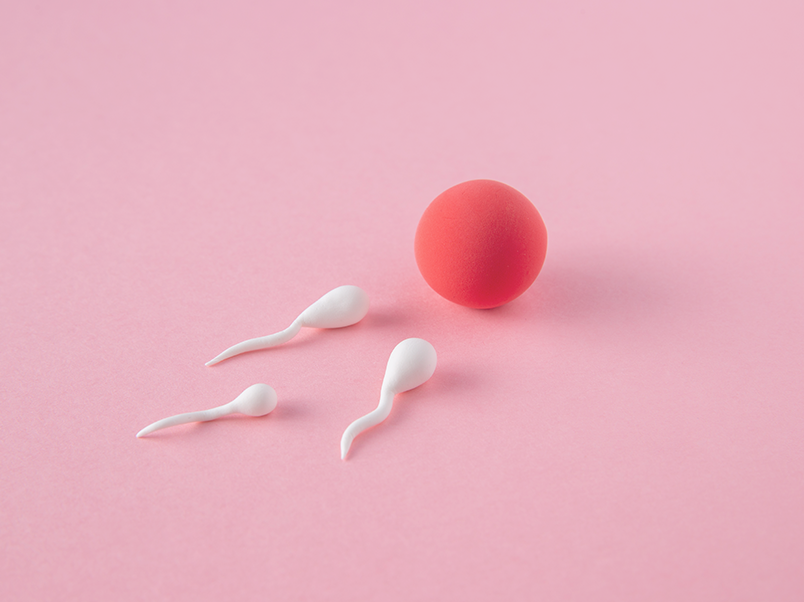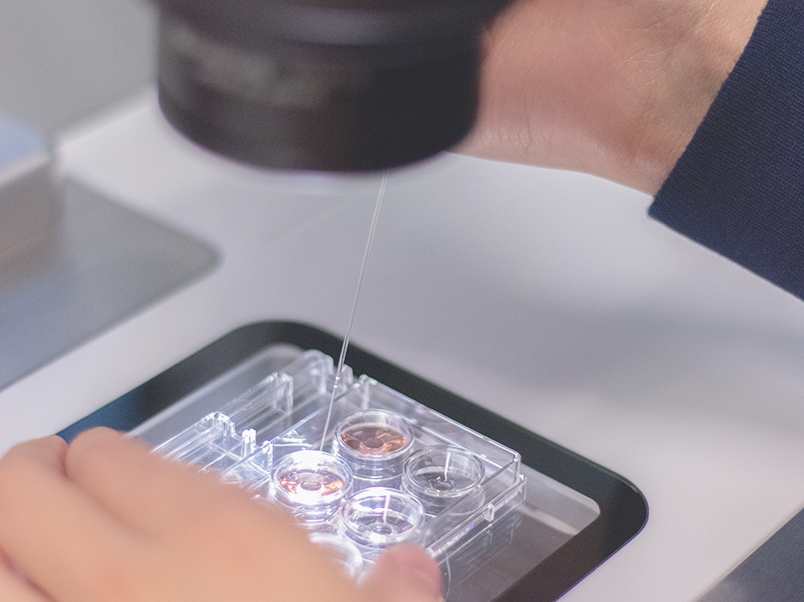blog tambre
The Complex Nature of Male Related Conception and Infertility

Table of contents
The reasons why men have difficulty trying to conceive or are considered infertile, without a viable treatment option are multiple and complex. This article highlights possible reasons why these two, quite different outcomes can occur. Let’s find out the main causes of male infertility
Sperm Health
Sperm health is at the core of man’s ability to contribute to conception. Difficulty or inability to conceive may be a result of medical, environmental or lifestyle reasons, or a combination of each. In order to produce healthy sperm at least one of a man’s testicles must be working as it should, and he should be producing testosterone to generate and maintain sperm levels. If the number of sperm in his semen is fewer than 15 million sperm per millilitre of semen, his ‘sperm count’ is considered low.
Whilst a low sperm count does not necessarily mean the man is infertile there is a correlation between a low count and the inability to fertilise an egg. In addition to a low sperm count there are additional flaws in semen that can make it difficult or sometimes impossible, to conceive. The first relates to poor sperm motility, that is the ability of sperm to move properly to reach the egg. The second relates to poor sperm morphology (abnormal sperm shape) which can affect impact on conception.
The importance of fault finding
It is important for assisted reproduction treatment providers to undertake a comprehensive evaluation of its male patients in order to,
- Identify any factors that are hindering conception
- Offer an appropriate treatment for any contributing factors
- Determine whether an assisted reproductive technique might be appropriate
- Offer support for an identifiable condition that might be untreatable
This article provides an overview of the potential causes that can contribute to a low sperm count, poor sperm motility or morphology and highlights both the importance that Tambre places on evaluating men’s reproductive health and its commitment to treating and supporting men throughout their time with the clinic.
Male Fertility: Causes and Contributory Factors
There are several causes behind why men have difficulty conceiving or are considered infertile. These causes may exist in isolation or there might be multiple, and interconnected reasons for sperm issues. Contributory factors might include the age of the patient, their lifestyle choices, any medications they may be taking, surgical history, exposure to environmental toxins, genetic problems, or systemic diseases.
In this article we focus on three main areas which may make it difficult or impossible for a man to contribute towards conception.
Medical Causes
- Varicocele: A varicocele is an enlargement of the veins inside a man’s scrotum which can lead to a reduction in sperm quantity and quality.
- Infection: A number of infections can have a negative impact on sperm health and these include inflammation of the testicles, known as orchitis, and some sexually transmitted infections.
- Ejaculation problems: Retrograde ejaculation occurs when semen travels backwards into the bladder rather than travelling towards the head of the penis. This impacts the volume of semen which may be discharged via ejaculation. Various health conditions can contribute towards this including diabetes, and medications such as Alpha Blockers which are used for treating high blood pressure.
Other medical causes can include,
- Various forms of cancer and tumours (and their treatment)
- Undescended testicles during fetal development
- Hormone imbalances that affect the pituitary thyroid or adrenal glands
- Testicle blockages
- Chromosome defects such as Klinefelter syndrome
Environmental Causes
There is mounting evidence that exposure to high levels of toxins and chemicals may have a detrimental effect on sperm health. This can include,
- Chemicals such as pesticides and organic solvents
- Air pollution
- Excessive heat
- Radiation or x-rays
Lifestyle Causes
A decline in sperm health has also been attributed to a range of lifestyle choices and behaviour. It has been suggested that damage could be done whilst in the womb as a result of maternal stress, smoking, alcohol or drugs. Any decline or damage can also be affected by a man’s lifestyle choices. These include:
- Lack of physical activity
- Obesity
- Excessive alcohol intake
- Drug use
- Diets rich in processed food
No Size Fits All
The Tambre commitment to male patients is rooted in providing a personalised approach which will vary between patients depending on their specific requirements. The Tambre team believe that the key purpose of evaluating a male who has had difficulty in contributing to conceiving is to identify any contributing factors for this inability. Once this has been achieved, a treatment plan may be offered for those causes that are reversible. Alongside this plan or following any intervention, a determination can then be made to consider whether assisted reproductive techniques (ART) would be appropriate and effective.
This article had outlined a number of causes that might impact on a man’s ability to contribute to conceiving. It is a complex area and the potential causes considered here is by no means exhaustive. If you are concerned about your ability to conceive, contact the Tambre Clinic for more information and support. Contact us, and request your first appointment at +44 (0) 20 38 688 650. We’re here to help you and apply advanced reproductive medicine.




